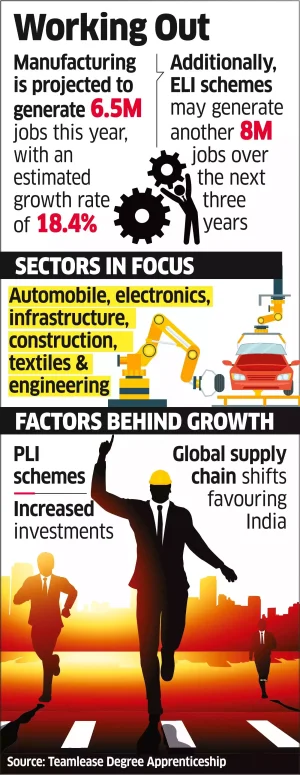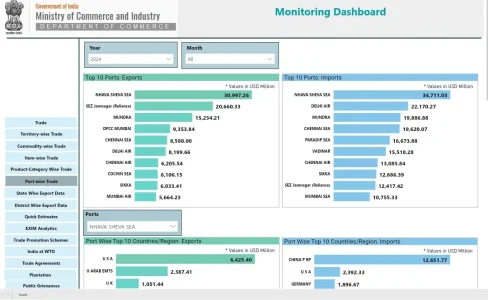committees can make recommendations, the reviewed party (in this case railways ) will have a say in whether to accept or reject those recommendations. there will be another document somewhere, which indicates how many of the recommendations are accepted by railways. once they accept, since this is Indian railways which is a huge organisation, it will take years to implement changes.
i did a few such projects for multiple state governments, which came out of such committee reports. one line item could translate to projects that cost crores and years of work. most times, it's not one project but a series of changes(contracts) if it is a big one, coming out of one sentence.







